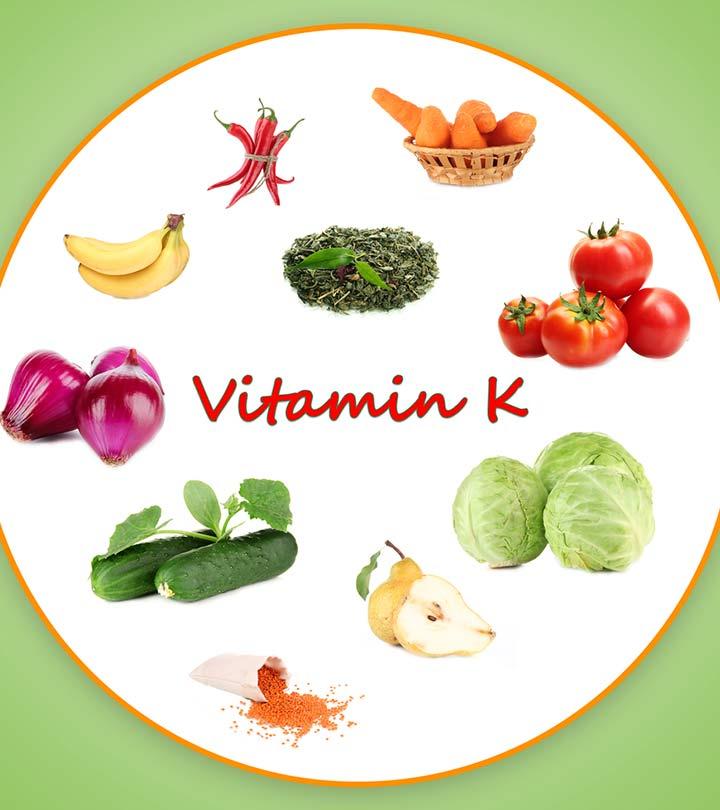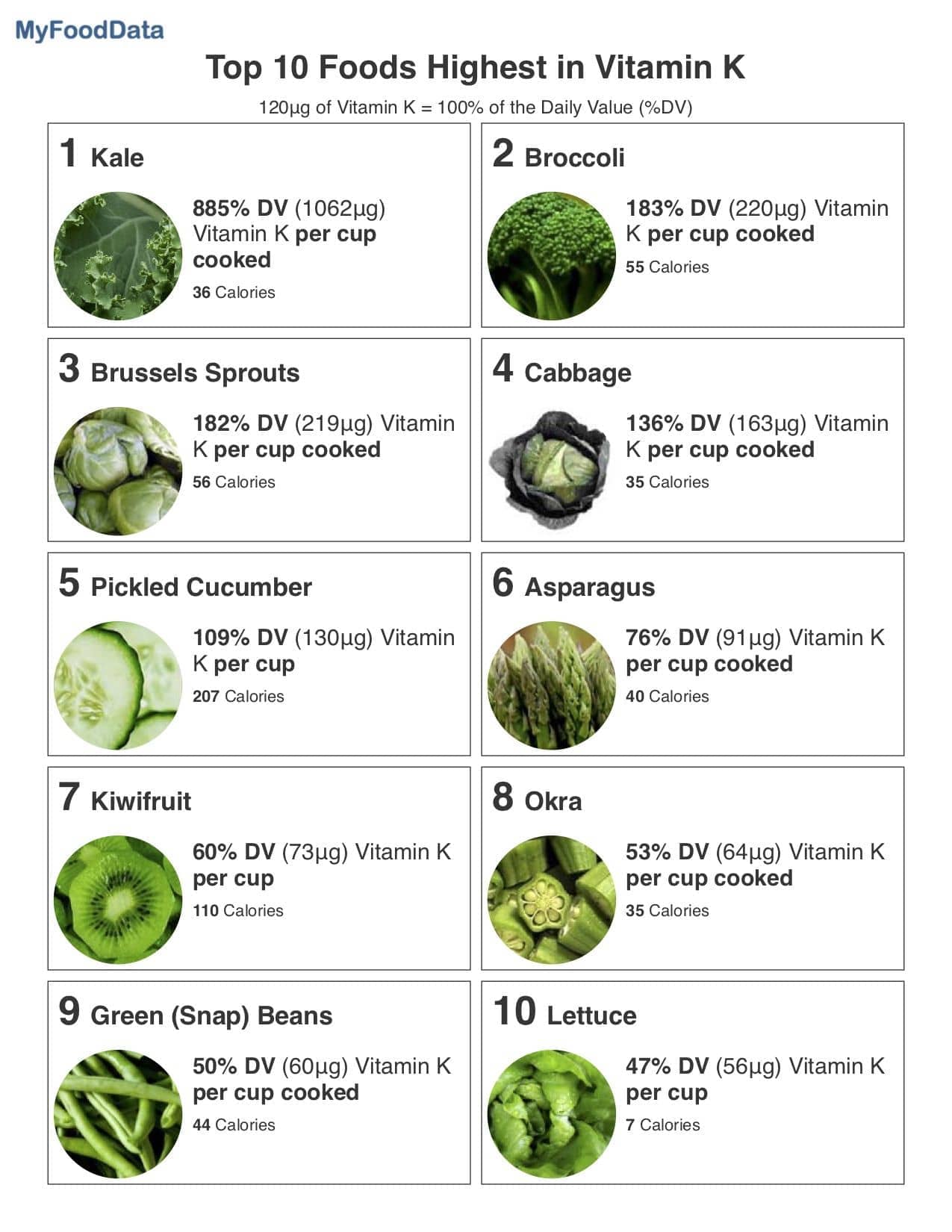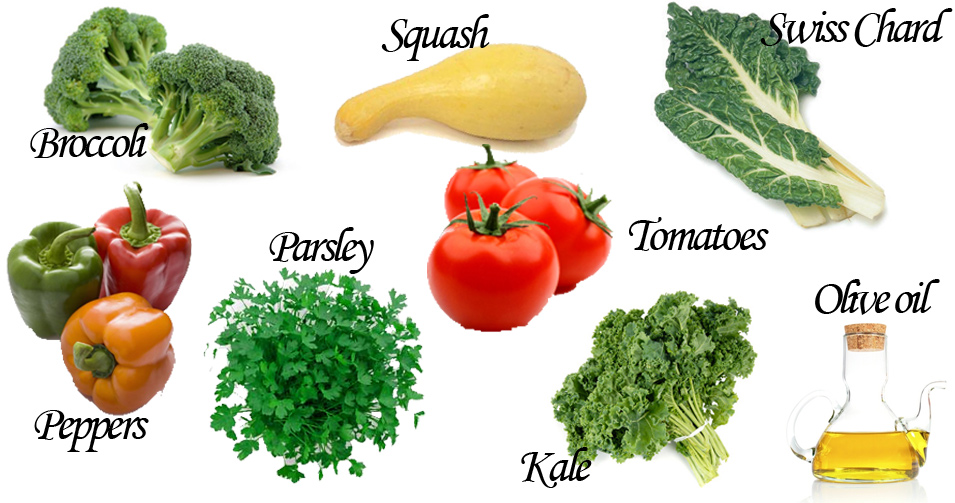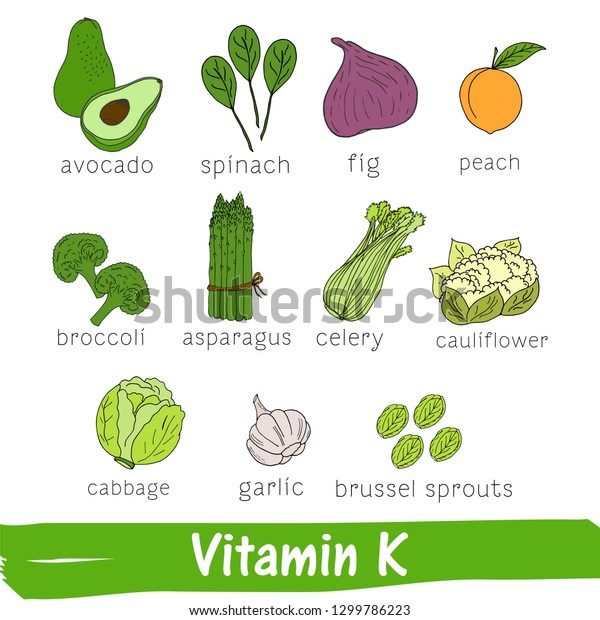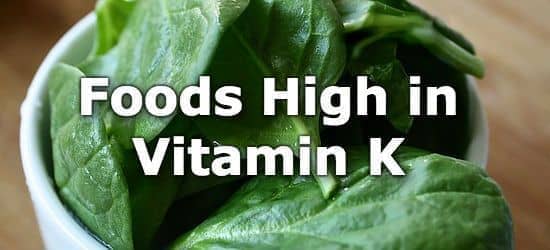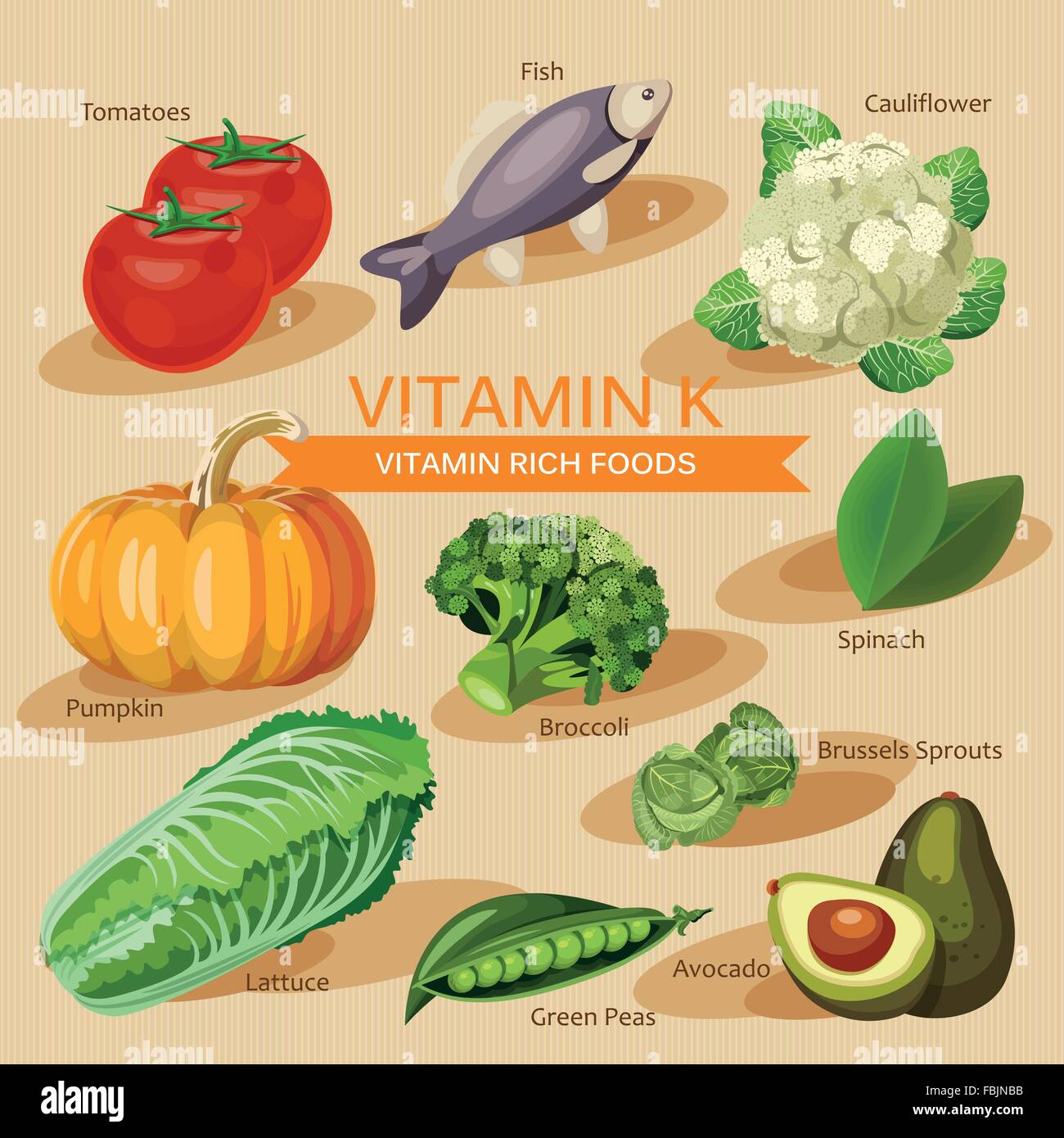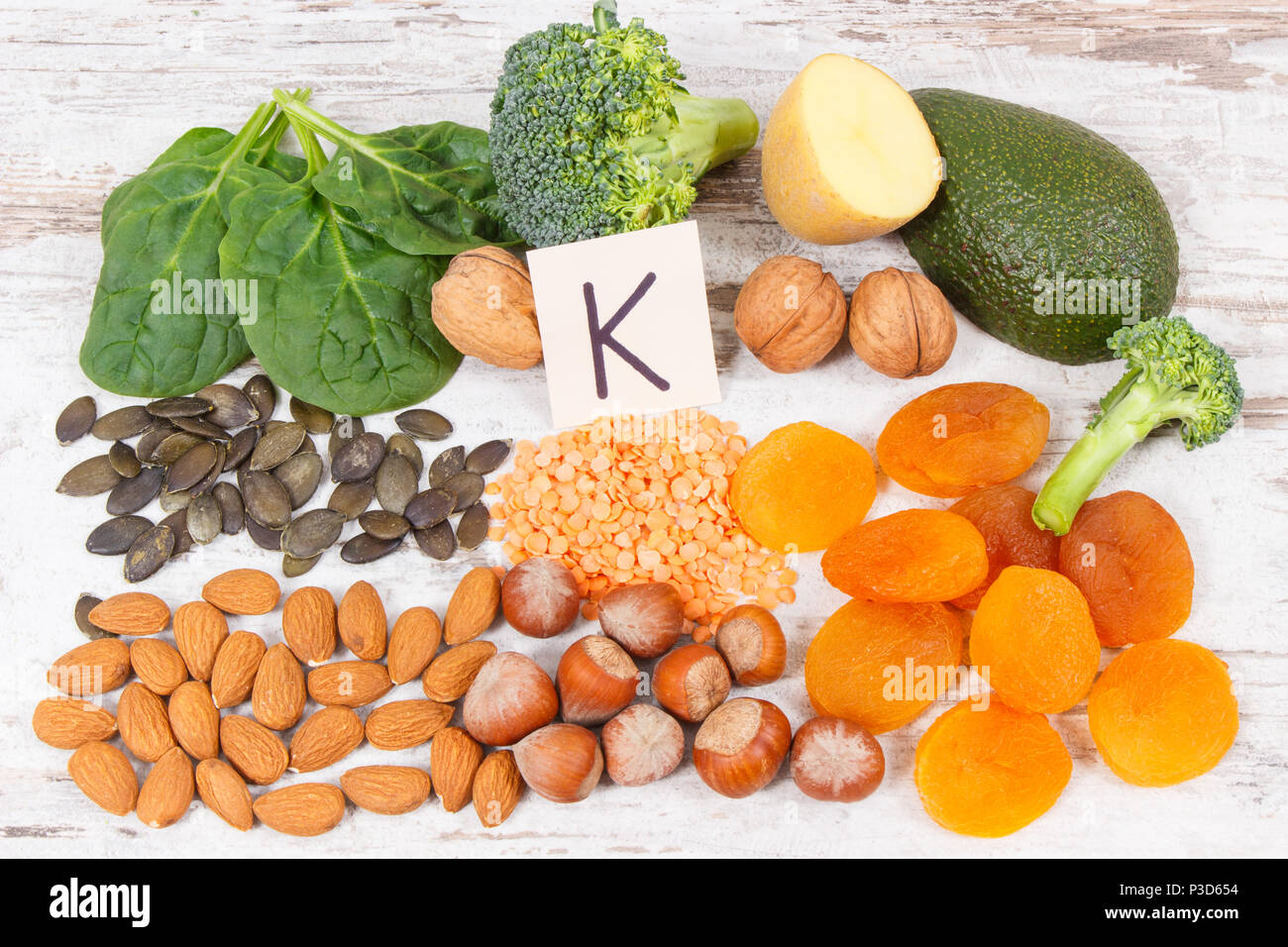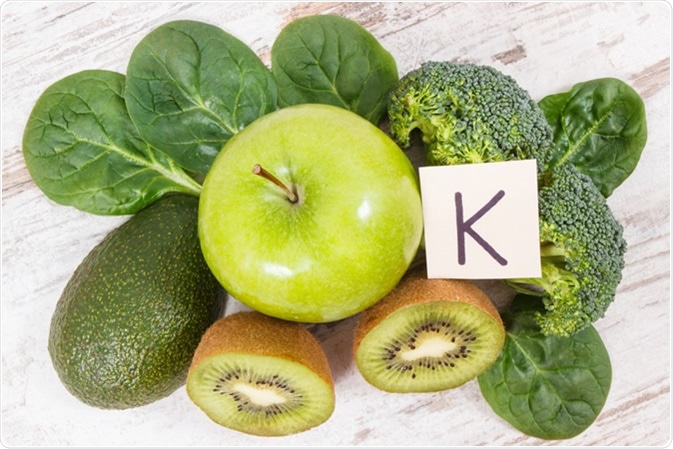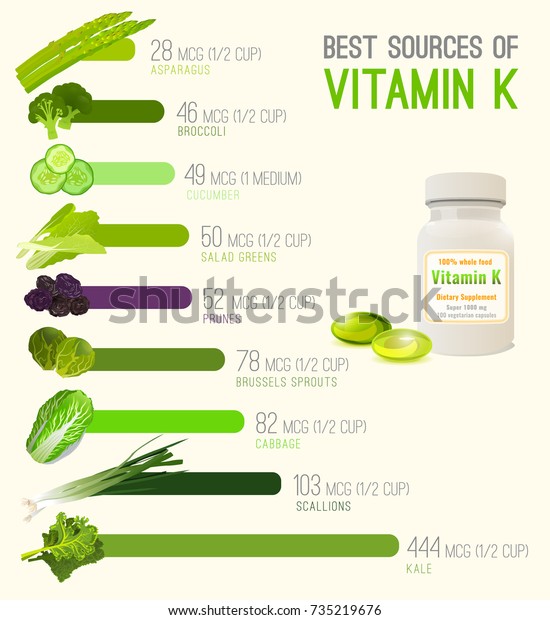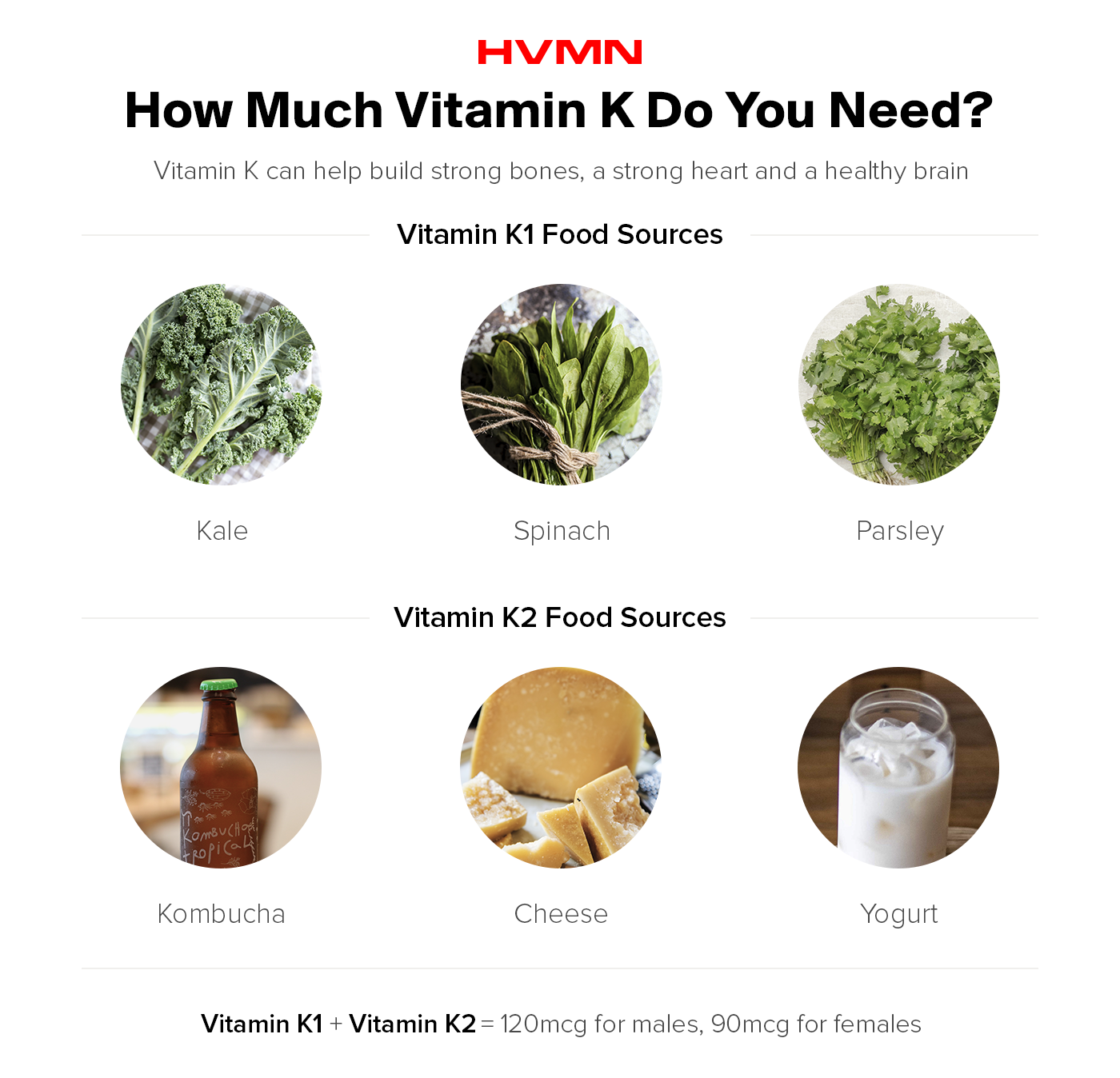Vitamin K Fruits And Vegetables

There are many more vegetables and other food types high in vitamin k such as parsley cauliflower spinach cabbage fish meat eggs and cereals.
Vitamin k fruits and vegetables. Legumes and some types of nuts and seeds provide vitamin k. Fruits and vegetables without vitamin k. Itamin k is a fat soluble vitamin that is involved in the clotting process of our blood. While eating small amounts of foods that are rich in vitamin k shouldn t cause a problem avoid consuming large amounts of certain foods or drinks including.
Meat products high in vitamin k. In berries blueberries and black berries contain vitamin k. When taking blood thinners such as warfarin coumadin vitamin k must be restricted to less then 90 mcg day for women and less then 120 mcg day for men. While it is more frequently found in vegetables it is also present in certain fruits.
For adult women it s 90 mcg. Leafy green vegetables contain the highest amounts of vitamin k but there are many other good sources. The adequate intake level of vitamin k for adult men is 120 micrograms mcg. Broccoli one cup of boiled broccoli has 220 mcg 276 of the rda.
Swiss chard one cup of boiled chopped swiss chard has 573 mcg of vitamin k 716 of the rda. Here s a list of ten fruits and vegetables high in vitamin k. This list of fruits and vegetables with high vitamin k content is definitely not exhaustive but it will hopefully give you an idea how to increase your vitamin k intake. Soybeans and kidney beans are the legumes with the most vitamin k and cashews and pine nuts contain the highest amounts among nuts and seeds.
28 mcg 24 dv 100 grams. Prunes 24 dv per serving. Keeping vitamin k levels stable and within a normal range may reduce its effect on the actions of warfarin. Fruits usually does not contain high amounts of vitamin k like green leafy vegetables mentioned above.
Keeping a food diary and being aware of foods that are high in vitamin k can help a. Although vitamin k rich foods contribute to good health if you take anticoagulants to prevent excessive blood clotting you should eat foods low in vitamin k. It s important to be consistent in how much vitamin k you get daily. Fruits generally do not contain as much vitamin k1 as leafy green vegetables but a few provide decent amounts.

